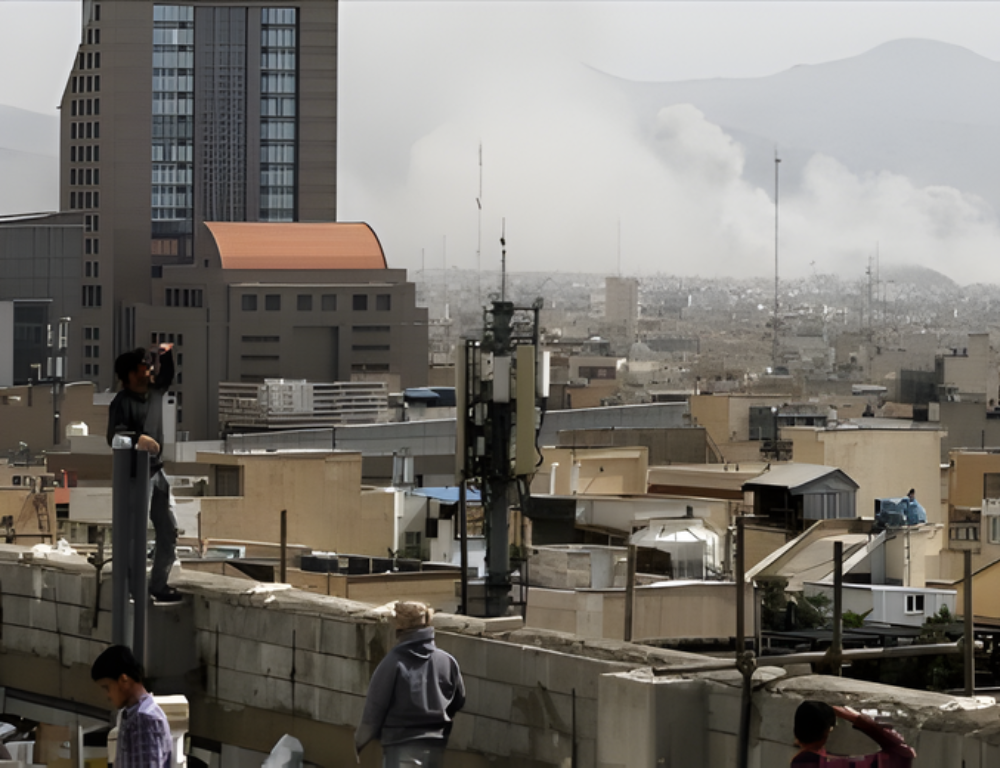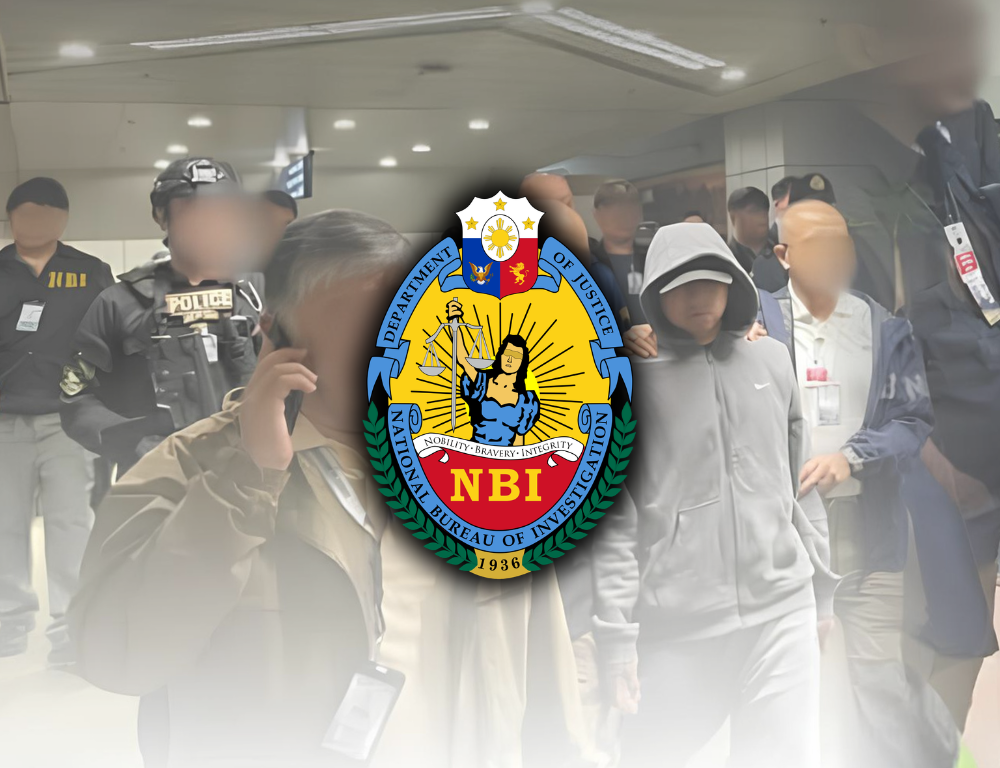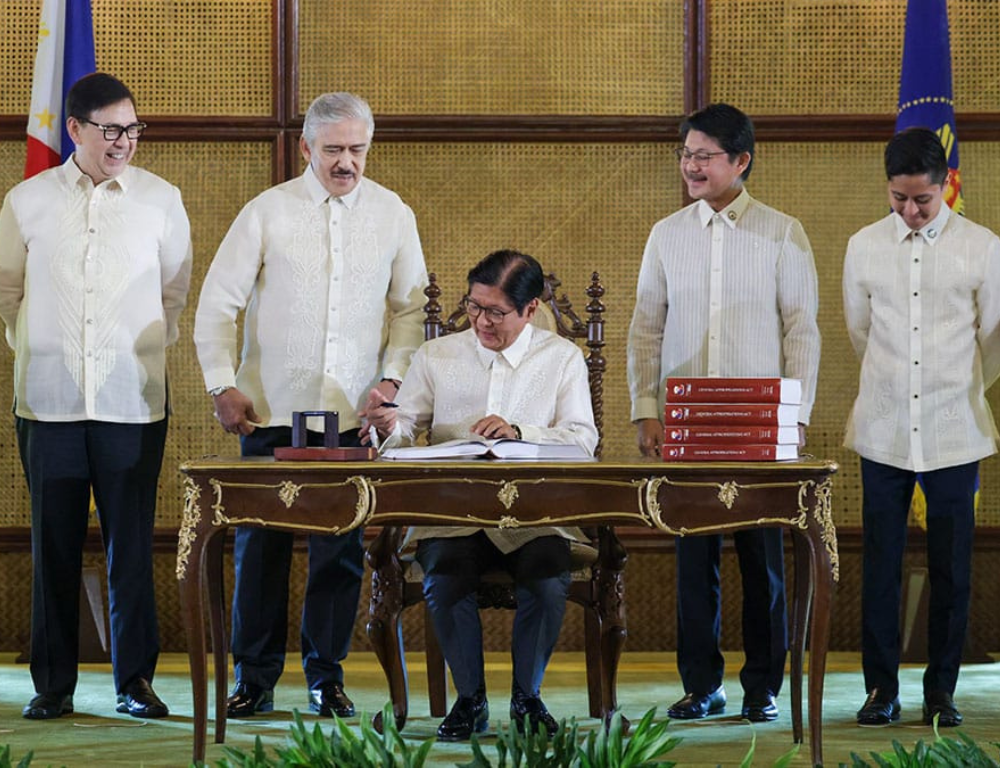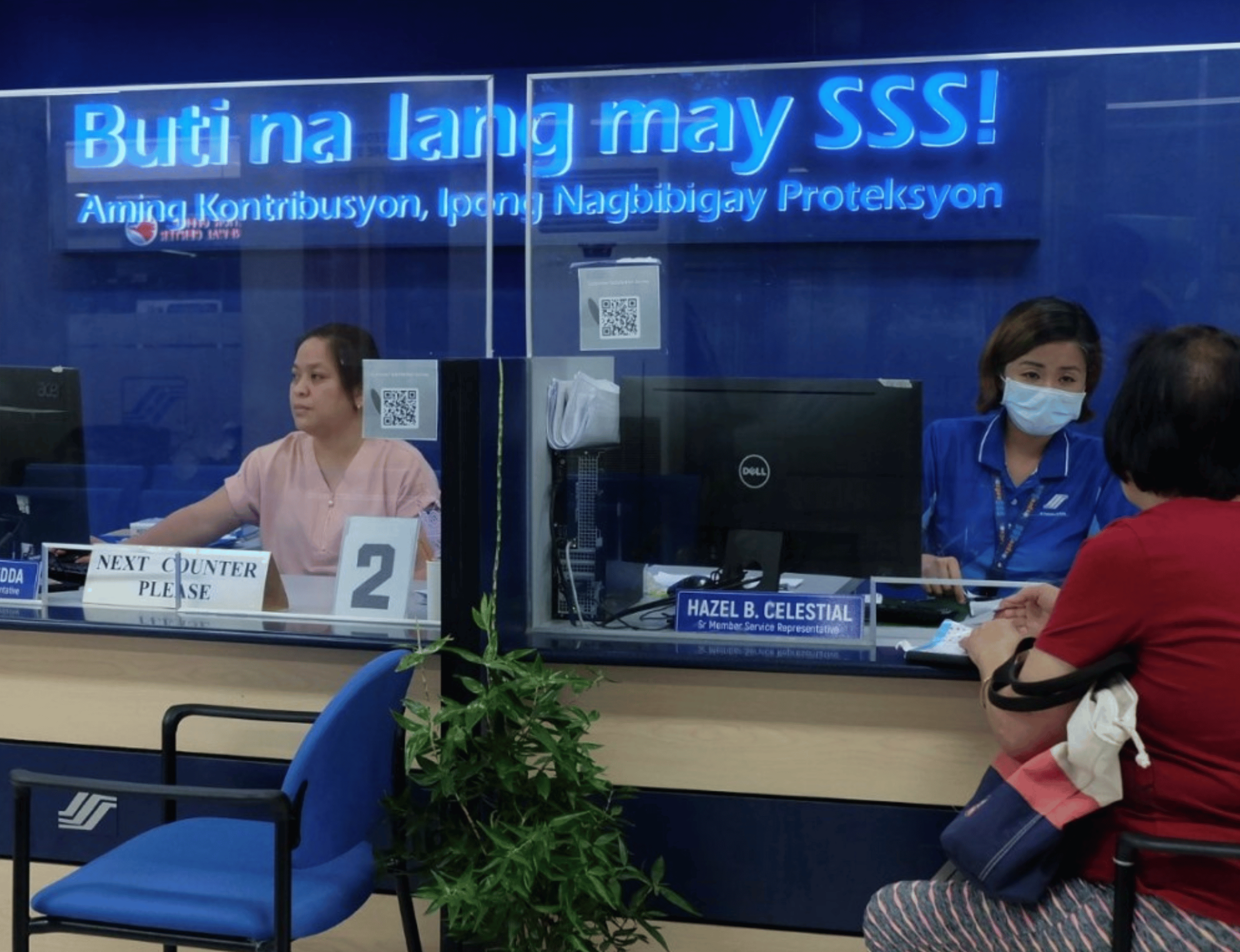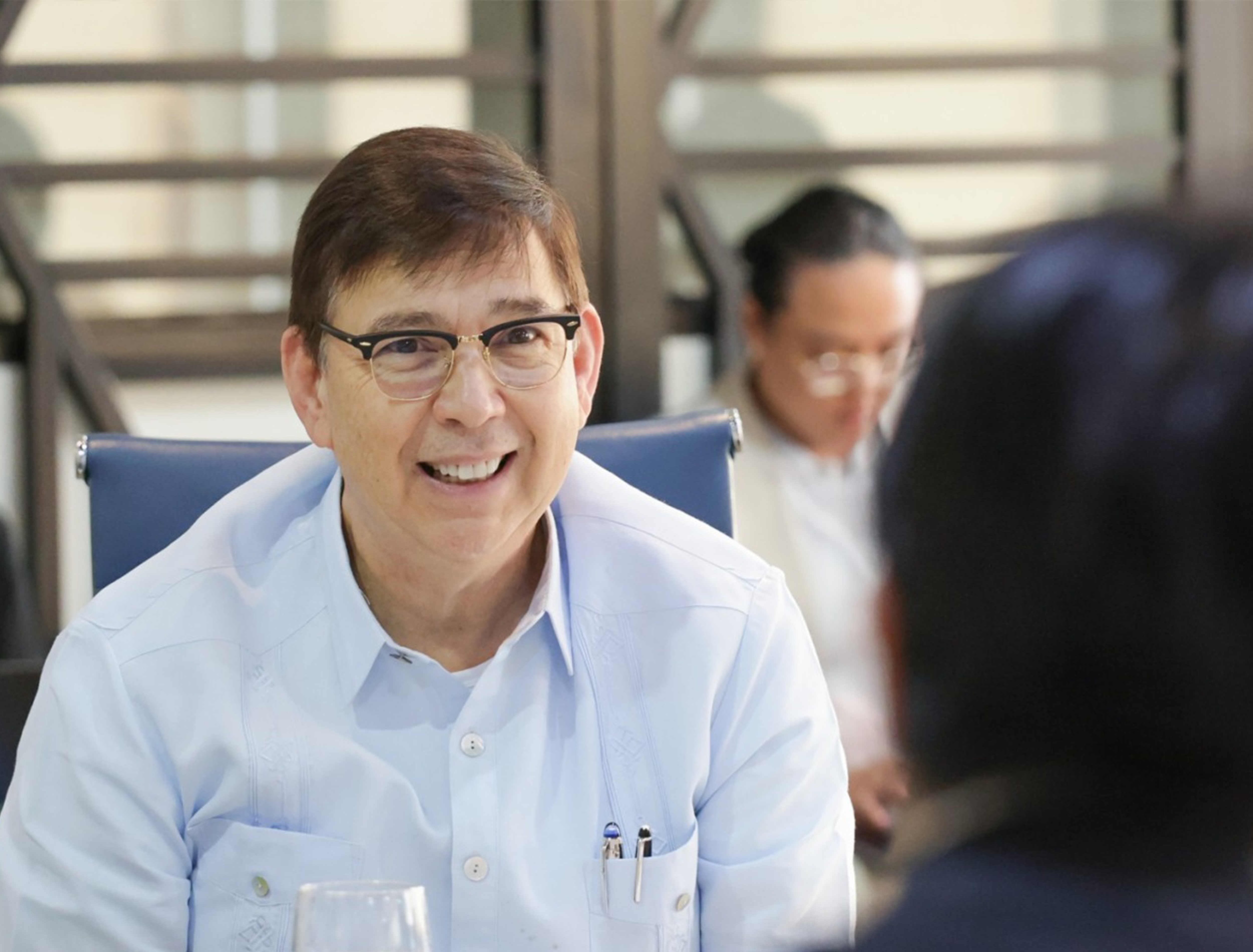
As of the end of November 2024, non-tax revenue collections reached PHP 555.30 billion, a remarkable 45.6% increase from the same period last year.
Emerging non-tax revenues for the full year 2024 are expected to reach PHP 606.6 billion—the highest ever recorded. This exceeds the Budget of Expenditures and Sources of Financing (BESF) target for the year by PHP 407.6 billion (204.9%) and the 2023 level by PHP 211.80 billion (53.6%).
“We need to raise more funds to meet the growing needs of our people. On top of tax collections, the non-tax revenue sources help us marshall additional resources to equip the government in delivering more and better services in critical areas like healthcare, education, food security, social protection, and national security,” Secretary Recto said.
The DOF maximized non-tax revenue collections through higher dividend contributions of government-owned and -controlled corporations (GOCCs) by raising their remittance share from 50% to 75% of their earnings; more privatization of government assets; and a sweep of unused and excess funds of GOCCs as mandated by Congress.
As of December 9, 2024, a total of PHP 136.29 billion in dividends have been remitted by 52 GOCCs to the Bureau of the Treasury (BTr). This exceeds the PHP 100 billion target for the year and is 35% higher than the same period last year.
Meanwhile, the DOF collected PHP 4.44 billion from the Privatization Management Office’s (PMO) disposition efforts as of the end of December 2024. This is 129% higher than the same period last year.
The proceeds came from sales and receivables from litigated assets, income from leases, dividend income, and other sources.
One of the notable sales includes the Philippine government’s shares of the NLEX Corporation, which amounted to approximately PHP 2.9 billion.
With the successful awarding of the Public-Private Partnership (PPP) Solicited Proposal for the Rehabilitation of the Ninoy Aquino International Airport (NAIA), the government received a PHP 30 billion upfront payment from SMC-SAP & Company Consortium upon signing the Concession Agreement.
The government is expected to generate roughly PHP 900 billion in revenues from this deal over the entire term, which is a 15-year concession period, extendable by another 10 years.
More privatization of public assets is underway with the approval of the guidelines on the Privatization and Disposition of Government Assets by the Privatization Council (PrC) in September.
Chaired by the DOF, the PrC is the policy-making body mandated to oversee the Philippine Government’s privatization program.
The new guidelines seek to institutionalize the policies and decisions of the PrC over the years to guide both the public and private sectors in ensuring the process, rules, and regulations are clear and transparent.
On top of these, the DOF has put the excess and unused GOCC funds to efficient use this year, as mandated under Republic Act No. 11975 or the General Appropriation Act (GAA) of 2024.
A total of PHP 167.23 billion in fund balances from the Philippine Health Insurance Corporation (PhilHealth) and the Philippine Deposit Insurance Corporation (PDIC) were remitted to the BTr as of December 19, 2024.
These excess and unused funds were efficiently mobilized to support the long-overdue Public Health Emergency Benefits and Allowances for Health Care and Non-Healthcare Workers; the Medical Assistance to Indigent and Financially Incapacitated Patients; the procurement of various medical equipment for Department of Health (DOH) hospitals, local government unit (LGU) hospitals, and primary care facilities; the construction of three DOH health facilities; and the salary increase of government workers.
These have also been utilized for the government counterpart financing for foreign-assisted projects such as the Panay-Guimaras-Negros Island Bridges; the Metro Manila Subway Project; the Philippine Multi-Sectoral Nutrition Project; the Mindanao Inclusive Agriculture Development Project; the Cebu – Mactan Bridge and Coastal Road Construction Project; the Road Network Development Project in Conflict-Affected Areas in Mindanao; and many more. (DOF)







